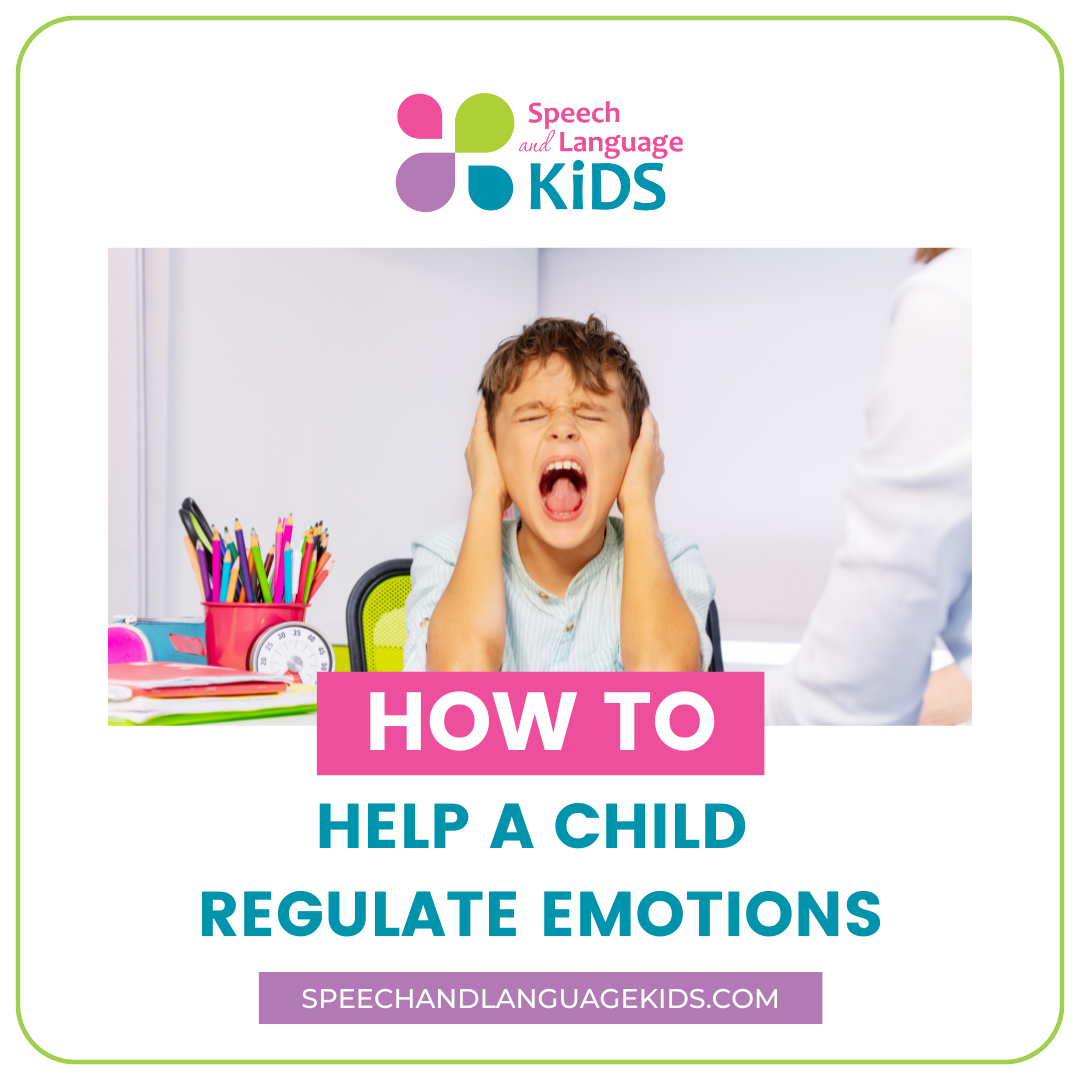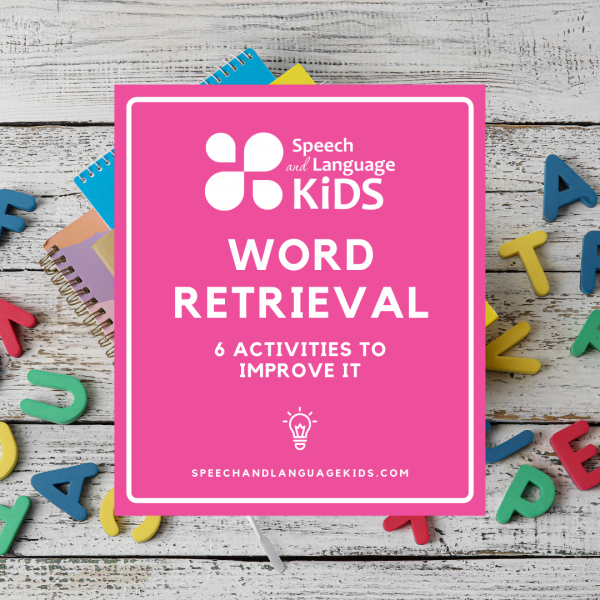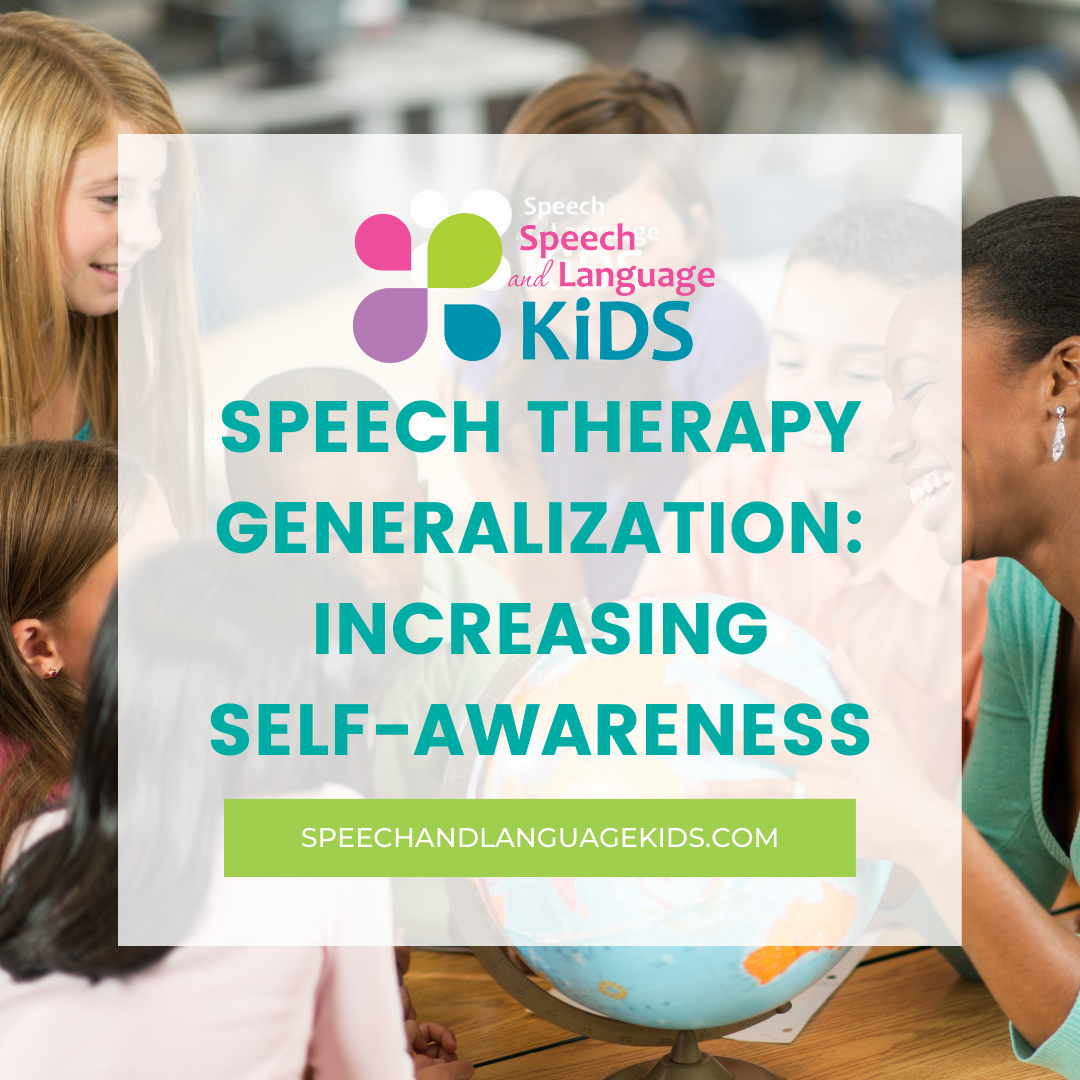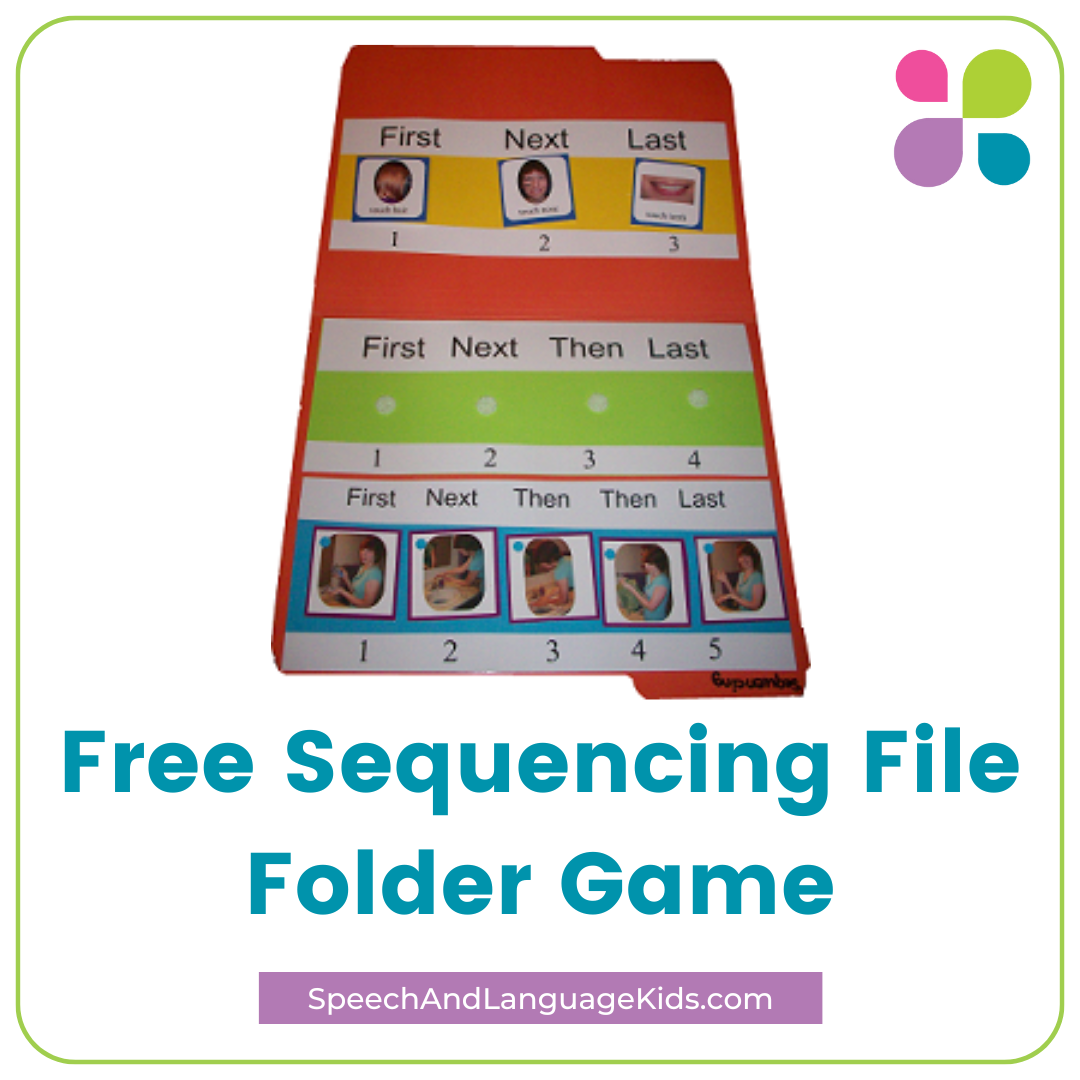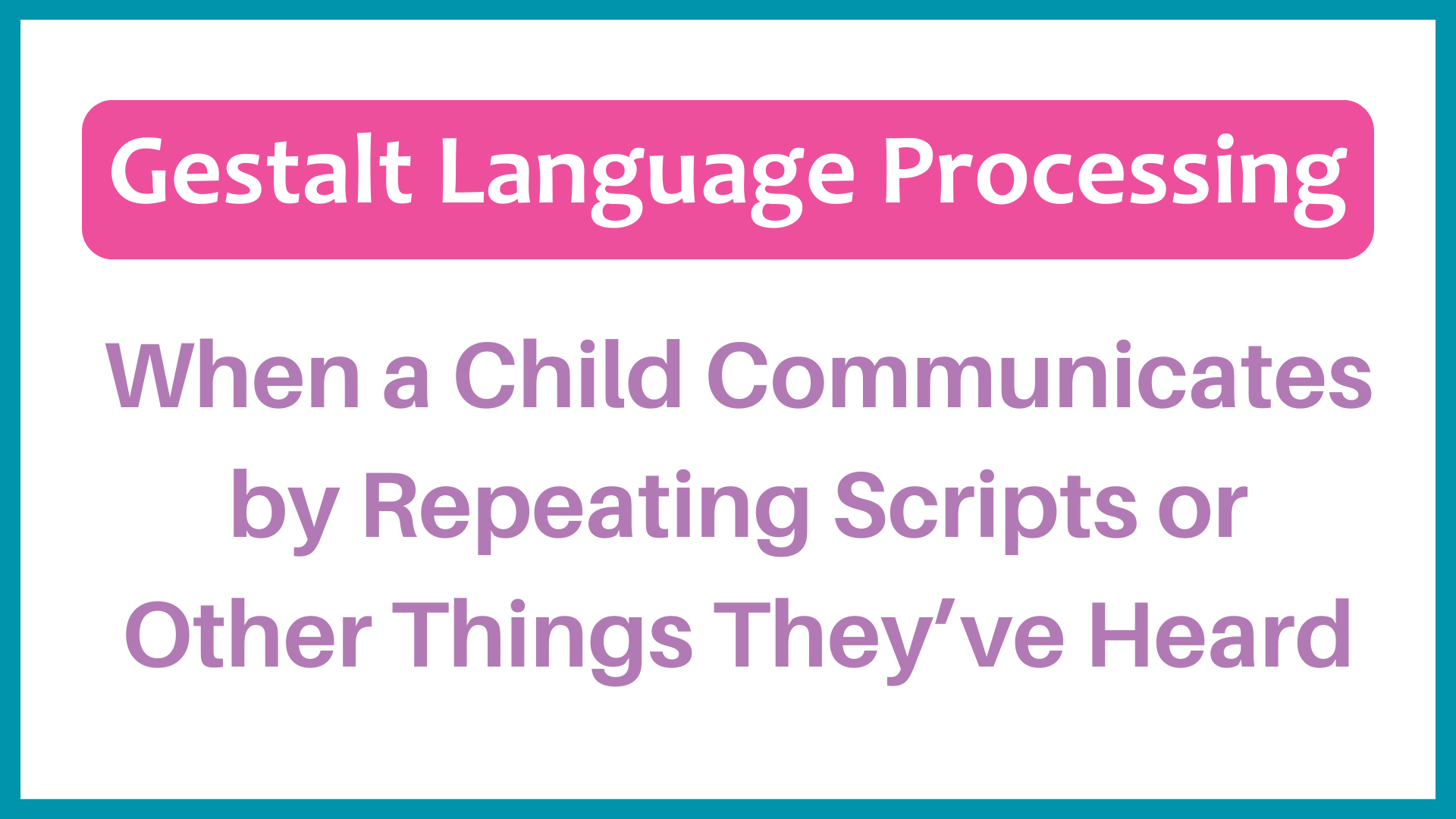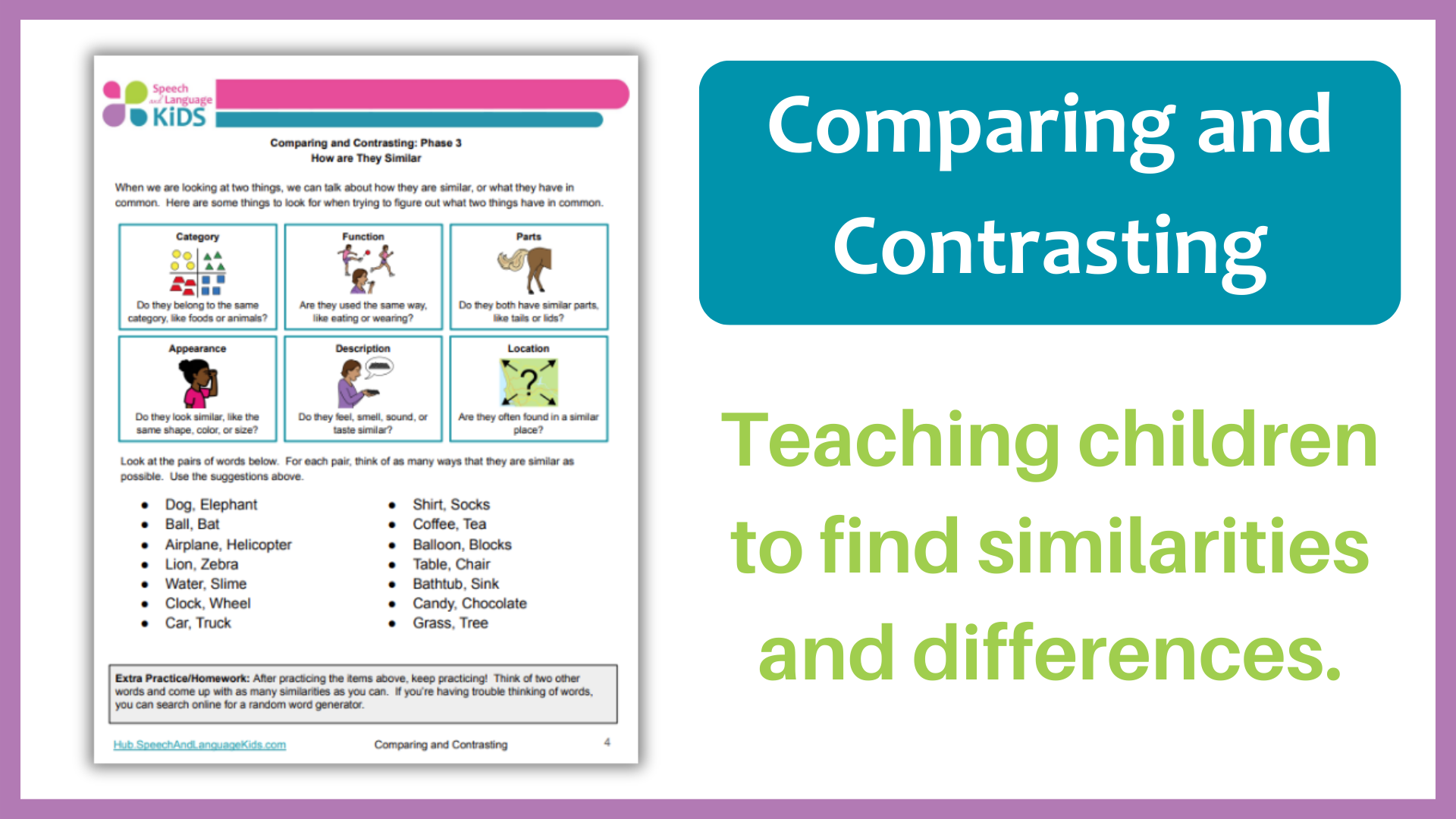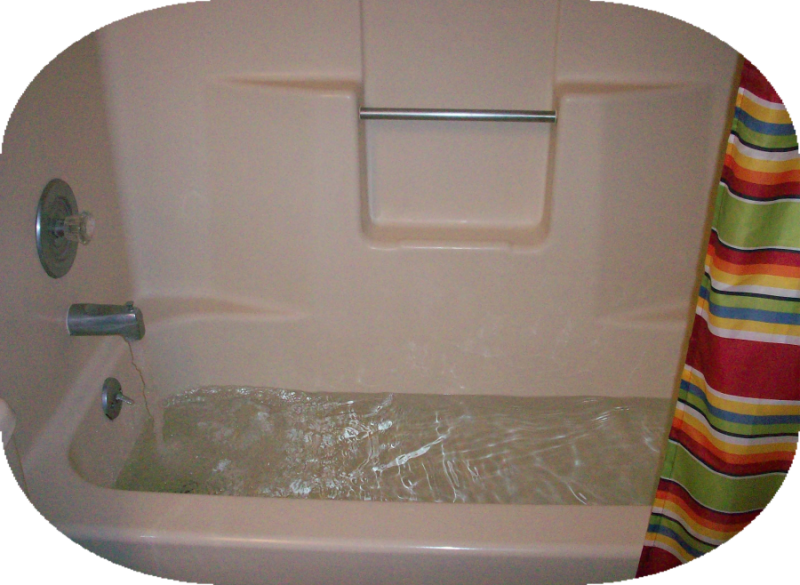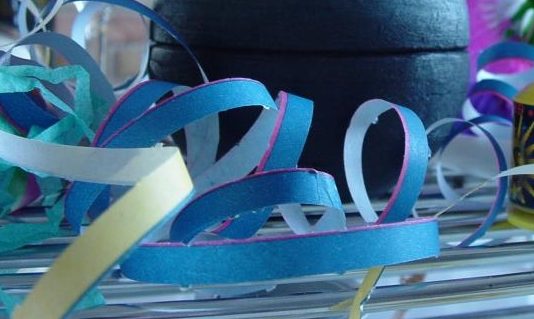Speech Therapy for Memory and Cognition Skills
Speech-language pathologists can help children with memory and cognitive skills. These problems may be a result of a developmental disability or could be associated with an accident, such as with traumatic brain injury. Whatever the cause, speech therapy can help children with:
- Executive Functioning (Planning, Organizing, and Self-Regulating)
- Memory and Recall
- Problem Solving
- Information Processing
- Attention and Focus
What are Executive Functioning Skills?
Most of the cognitive and memory skills that we target in speech therapy fall under the umbrella of executive functioning skills. Executive function is a set of mental skills that include working memory, flexible thinking, and self-control. We use these skills every day to learn, work, and manage daily life. Trouble with executive function can make it hard to focus, follow directions, and handle emotions, among other things. (Source)
School-based SLPs can sift through the list of skills under the executive function umbrella—task initiation, impulse control, focus, time management, working memory, accepting change, task completion, organization, self-regulation—and figure out which aspects need improvement. Once we draw a clear picture of our students’ issues, we can move on to identifying intervention strategies to use and share with colleagues. (Source)
Our Resources for Executive Functioning:
Short Videos with Supports for Organization and Planning:
@carrie_clark_slp High Five Checklists!! Kids can self check if they did everything they needed to do. This is perfect for children with ADHD, and those who have trouble staying on task. I have these posted around my house in the places where the kids need to finish certain tasks. #speechtherapy #speechlanguagepathologist #slpsoftiktok #slplife #adhd #executivefunction #adhdparentinghacks ♬ original sound - Carrie Clark SLP
@carrie_clark_slp I have a confession, I’m addicted to visual aids! I love visual checklists like this to help children remember all of the steps to complex tasks. You can use these at home for chores (like I do). Or, use them in therapy or at school for completing schoolwork. You could have a set of these in a basket so that kids can grab one when they’re not sure what comes next in a task. #speechtherapy #speechlanguagepathologist #slpmom #slplife #specialeducation #adhd #adhdparenting ♬ original sound - Carrie Clark SLP
@carrie_clark_slp Heres another visual aid I use in my house to help my children visualize the week ahead. Great for children with language delays! #slplife #speechlanguagepathologist #speechtherapy #slpmom #parentingtips ♬ original sound - Carrie Clark SLP
What is Word Retrieval/Word Finding?
Word finding, also called “word retrieval”, is a person’s ability to think of the right word when he/she needs it, such as during conversation. We all have those moments when we can’t think of the right word, in that instant, we’re having a word finding or word retrieval problem. Sometimes, children with language delays (and even those without) may have difficulty with word finding. This may cause them to have unnecessary pauses, use filler words like “um” and “like”, or use non-specific words like “that thing” or “that stuff”.
For more information about how to treat word retrieval, click the image below:

About the Author: Carrie Clark, MA CCC-SLP
Hi, I’m Carrie! I’m a speech-language pathologist from Columbia, Missouri, USA. I’ve worked with children and teenagers of all ages in schools, preschools, and even my own private practice. I love digging through the research on speech and language topics and breaking it down into step-by-step plans for my followers.
Fun Fact: When I was a travelling therapist, I listened to a lot of podcasts. Listening to business podcasts in between clients was how the idea for this website came together.
Connect with Me:


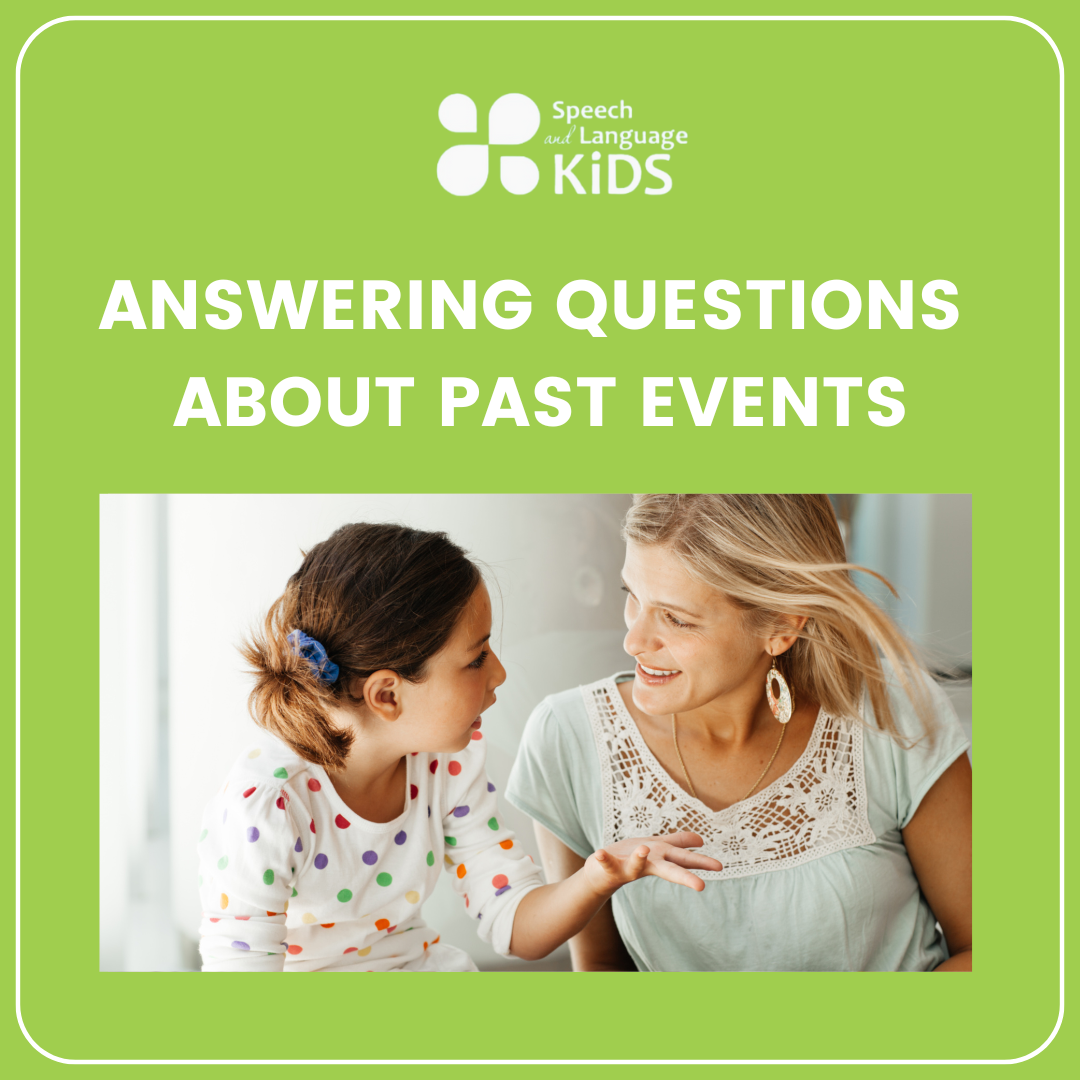
![20[1]](https://www.speechandlanguagekids.com/wp-content/uploads/2016/12/201.png)
